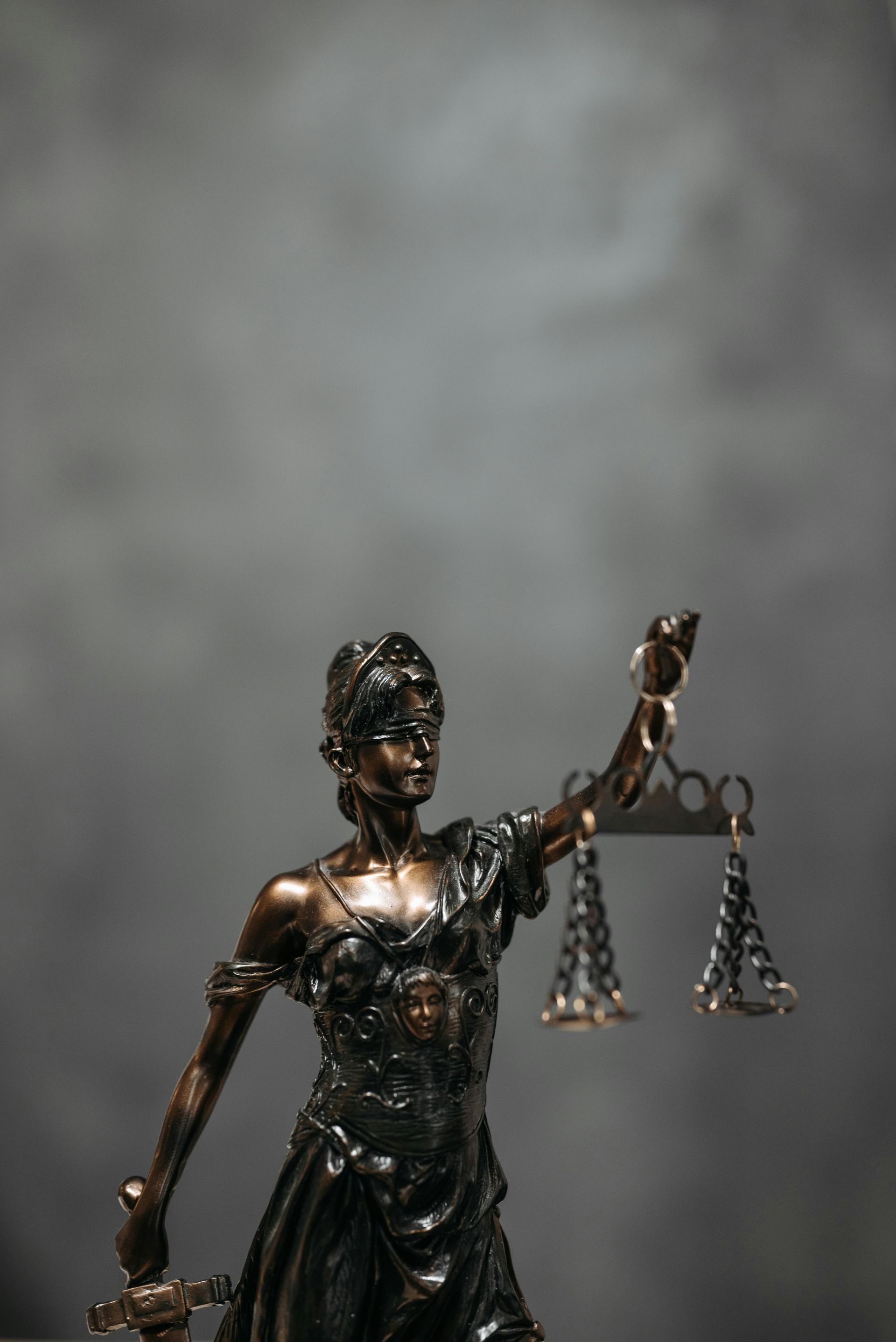Business As We See It – September 2014
Copyright basics 101: How to avoid violating the law
Business owners with an online presence often post images or articles that they find on the Internet to their own sites. While most postings likely are done with the best intentions, some could inadvertently violate copyright laws. The U.S. Library of Congress states, “Copyright protects text and pictures on websites just like books, CDs, DVDs, and works in other media are protected.”
The law
Copyright laws can be complex, and the growth in social media has just added to the complexity. Having a basic understanding of copyright law and the protection it affords is a starting point when determining how to proceed.
In the United States, copyright protection is available to published and unpublished “original works of authorship.” That includes literary, musical, graphic and other works. Among other rights, the copyright holder has exclusive rights to reproduce, sell and distribute the work.
Copyright protection begins once a work is fixed in a tangible form, such as when an image or song is captured on paper or electronically. The author doesn’t need to register the work with the U.S. Copyright Office, although doing so offers him or her some protection.
While including a copyright notice (typically, the © symbol) on a work is recommended, it’s no longer a requirement to claim or maintain copyright protection. Just because a work doesn’t include a copyright notice doesn’t mean that work is in the public domain.
What’s permissible
Not all online posts and shares are likely to violate copyright regulations. It often is OK to include a link to public websites. However, it’s good practice to review the linked website for its policies and, when in doubt, ask permission. Some organizations like to restrict links to their sites.
What’s known as the “fair use” doctrine provides a defense to certain limited uses of copyrighted material. Case in point: including a few sentences from a copyrighted book within a review of the work.
Although it can be difficult to identify what constitutes fair use, the following principle can help: When copying the work could harm the market for the original piece or generate income for the entity copying, it’s less likely to be considered fair use.
If in doubt, check it out
Making sense of copyright protection in today’s social media environment can be challenging. Erring on the side of caution and checking with a legal professional when a question arises is always prudent.
This material is generic in nature. Before relying on the material in any important matter, users should note date of publication and carefully evaluate its accuracy, currency, completeness, and relevance for their purposes, and should obtain any appropriate professional advice relevant to their particular circumstances.


Subscribe to Our Newsletter
Receive a digest of articles published by our thought leaders in your inbox.
Subscribe to Get Our Special Offers
Thanks for subscribing. You'll be the first to hear about new items and special offers.
Please try again later.
Resources
Meyers Brothers Kalicka, P.C. | Privacy Policy







